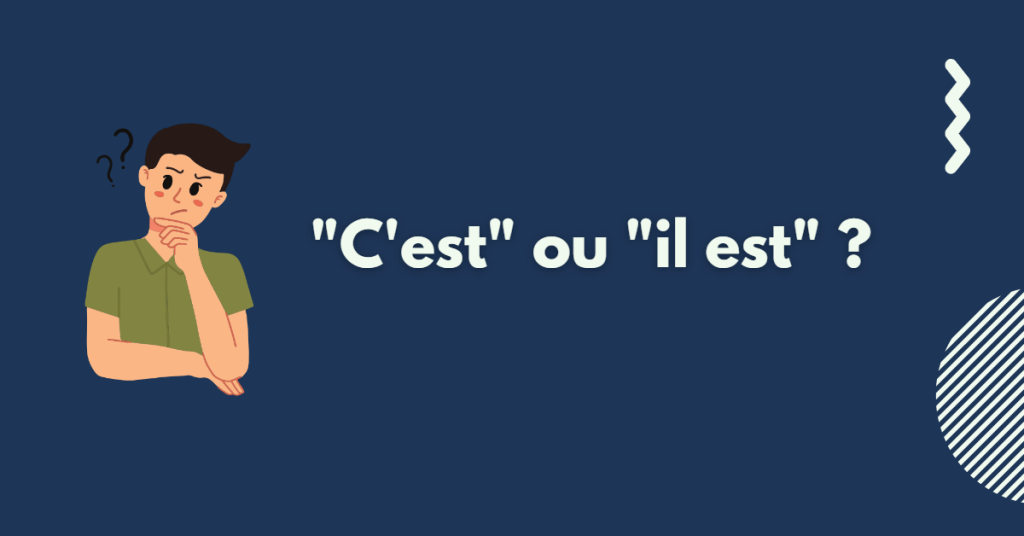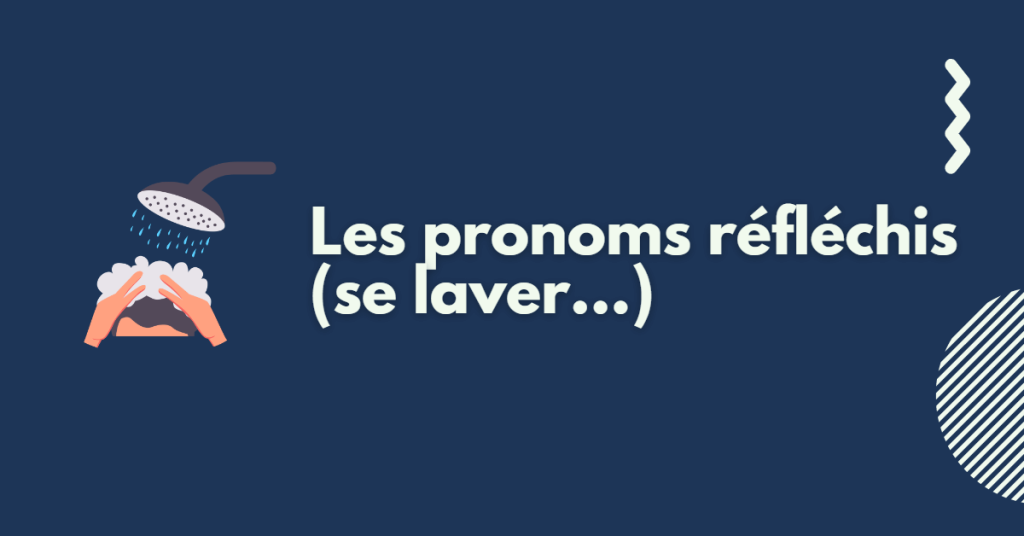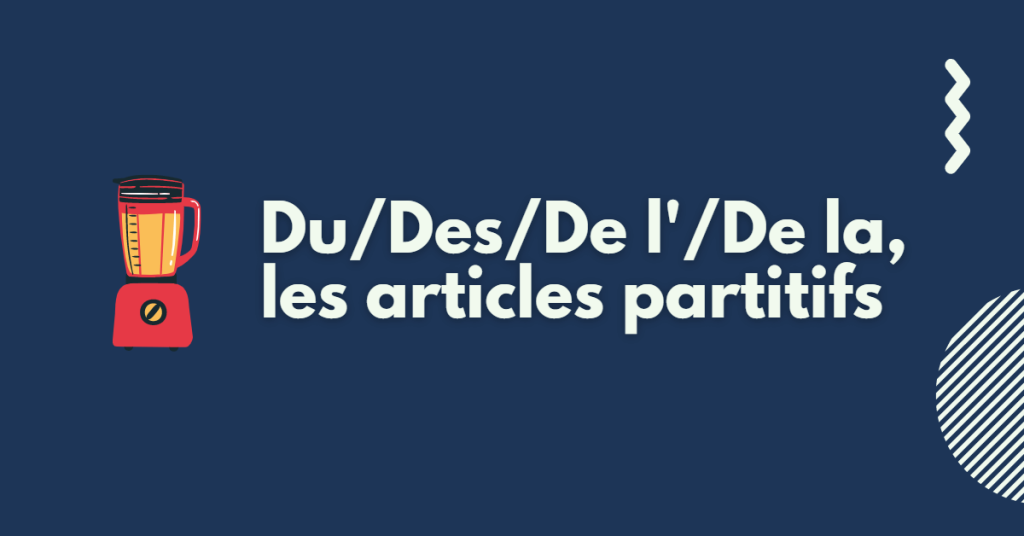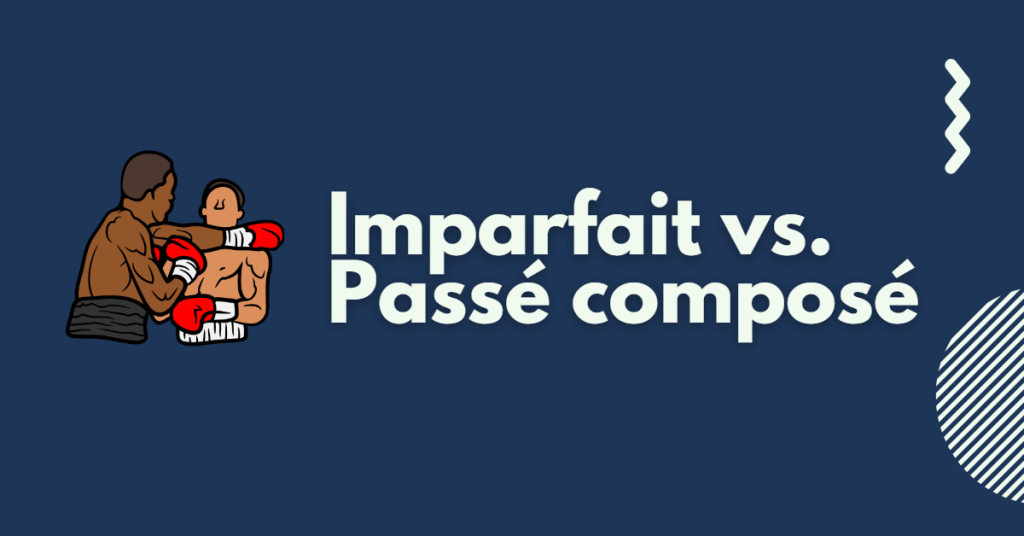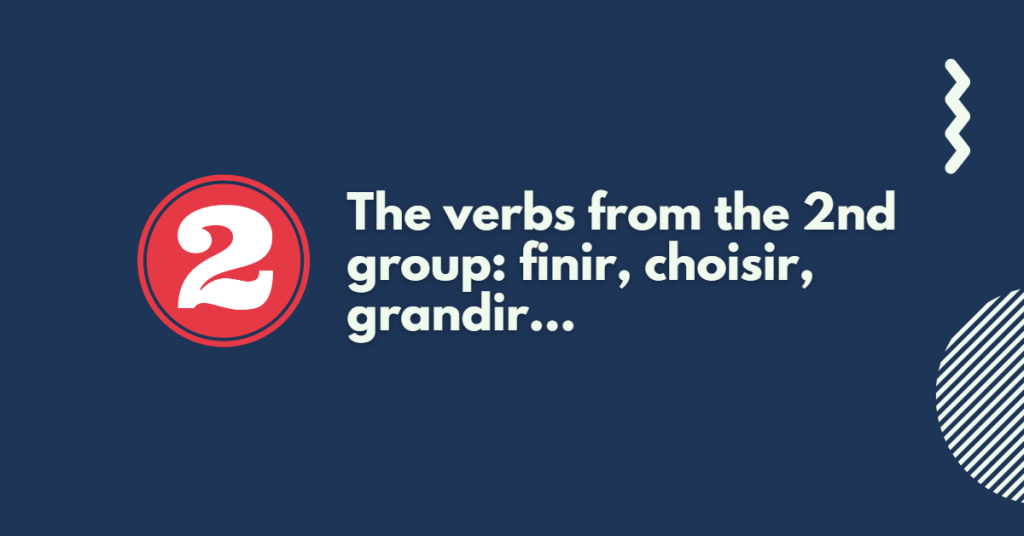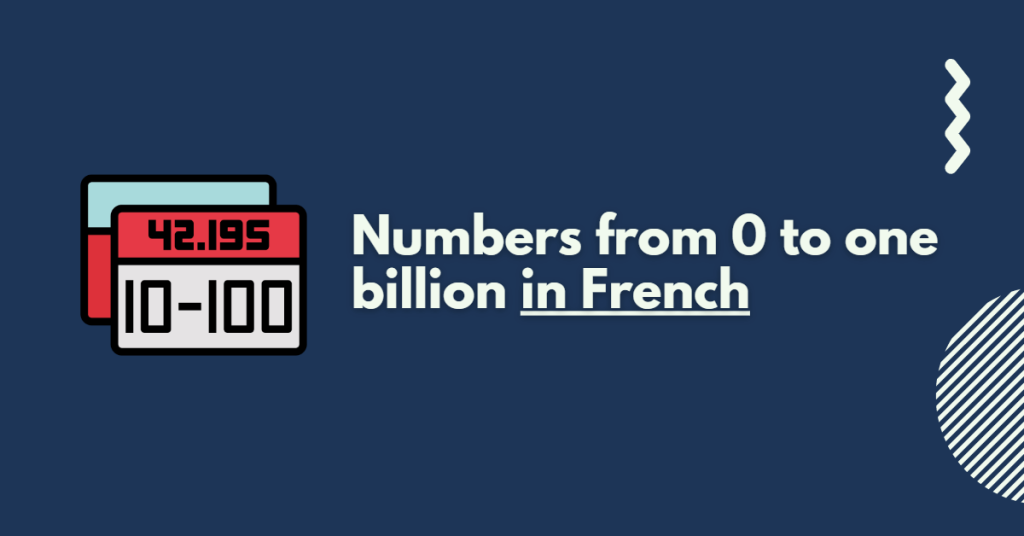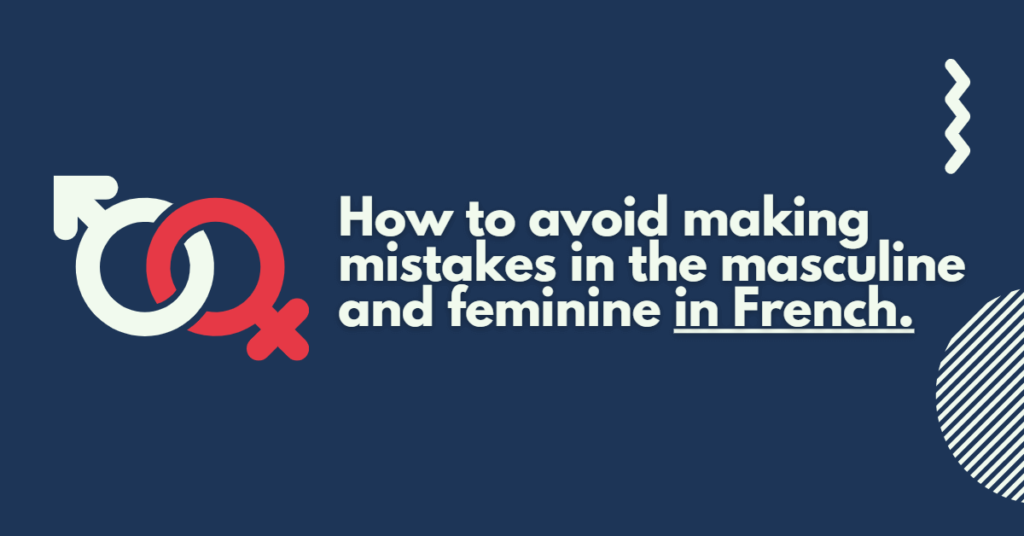Negation in French from A to Z
Negation is not particularly difficult in French, but there are some rules that should be remembered. However, it becomes more complicated with passé composé. Let’s take a look together! The basic rules of negation in French The negation in French in the present tense has the following basic structure: ➠ SUBJECT + NE + VERB […]
Negation in French from A to Z Read More »



